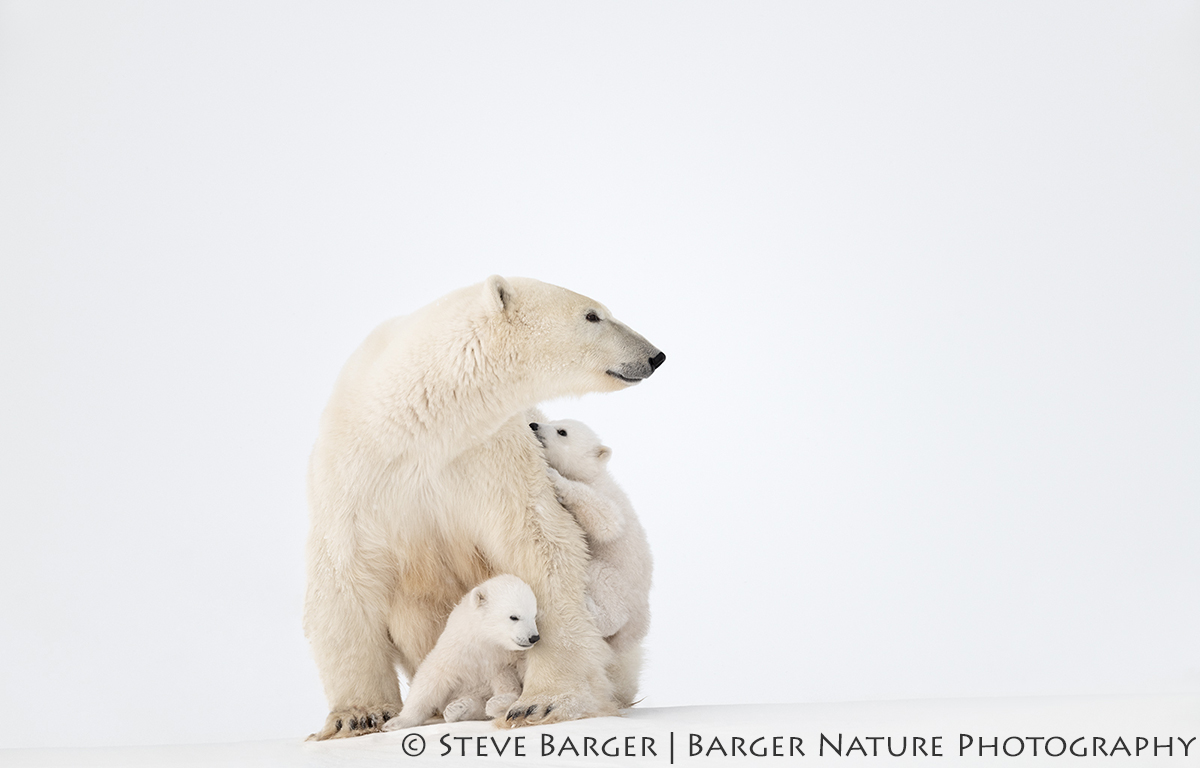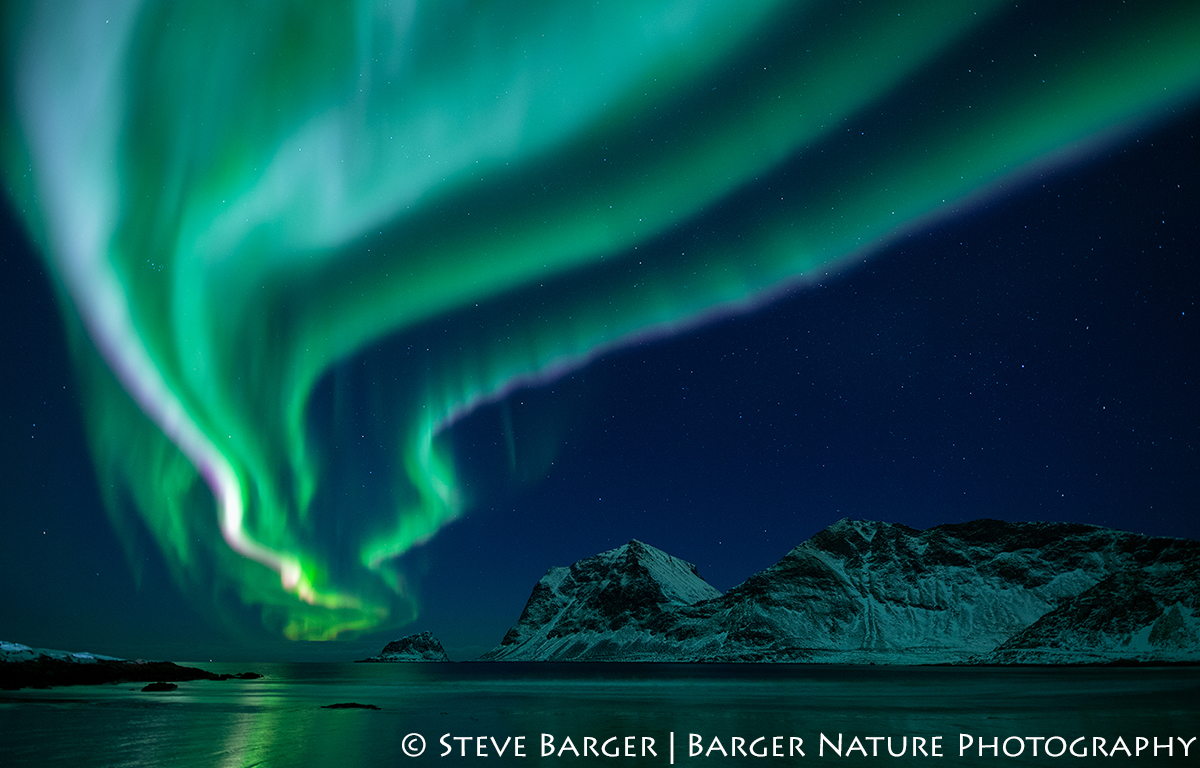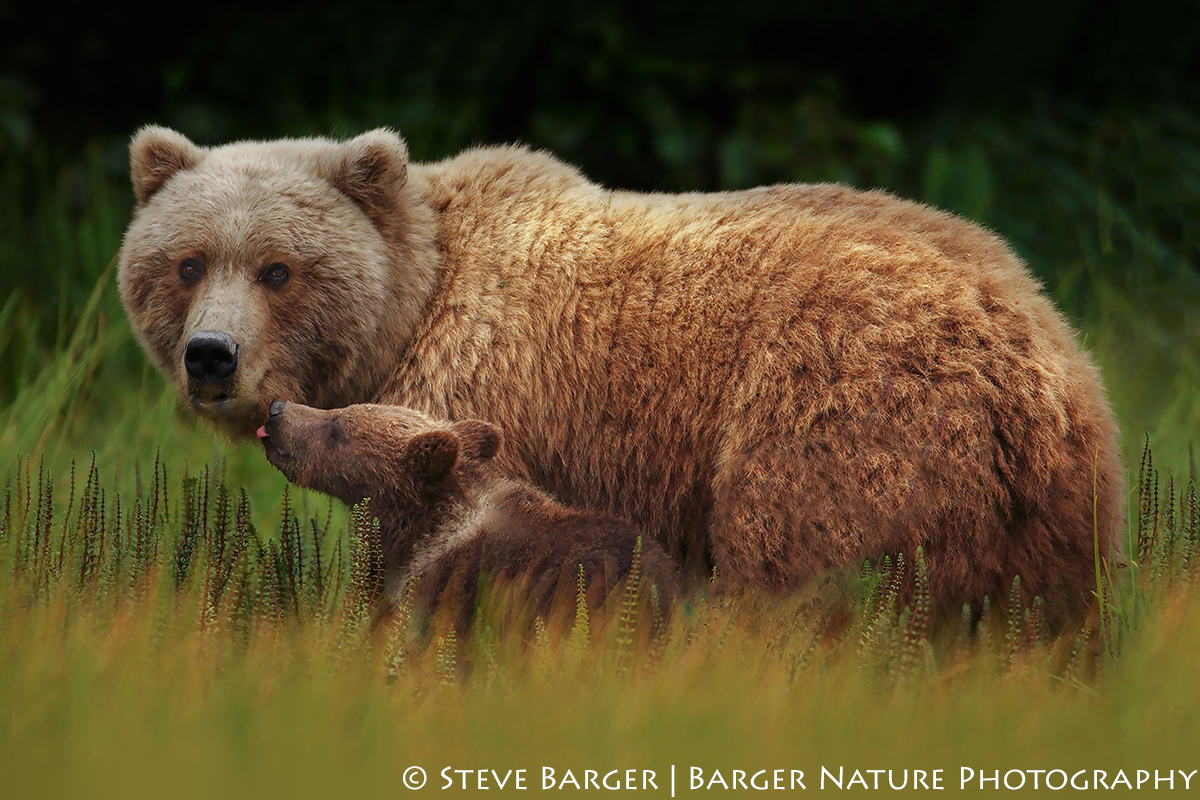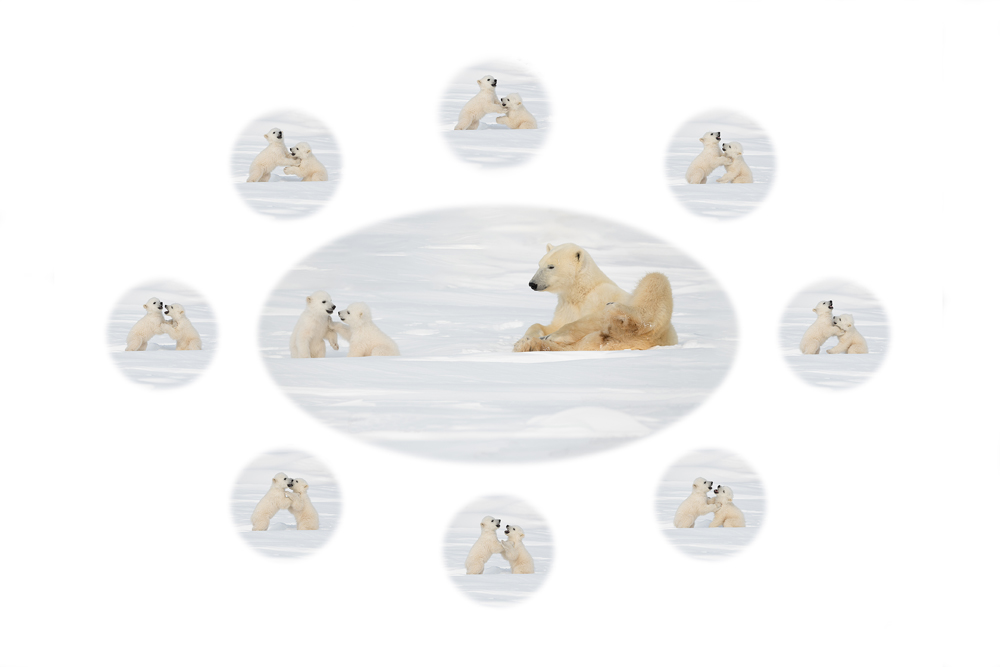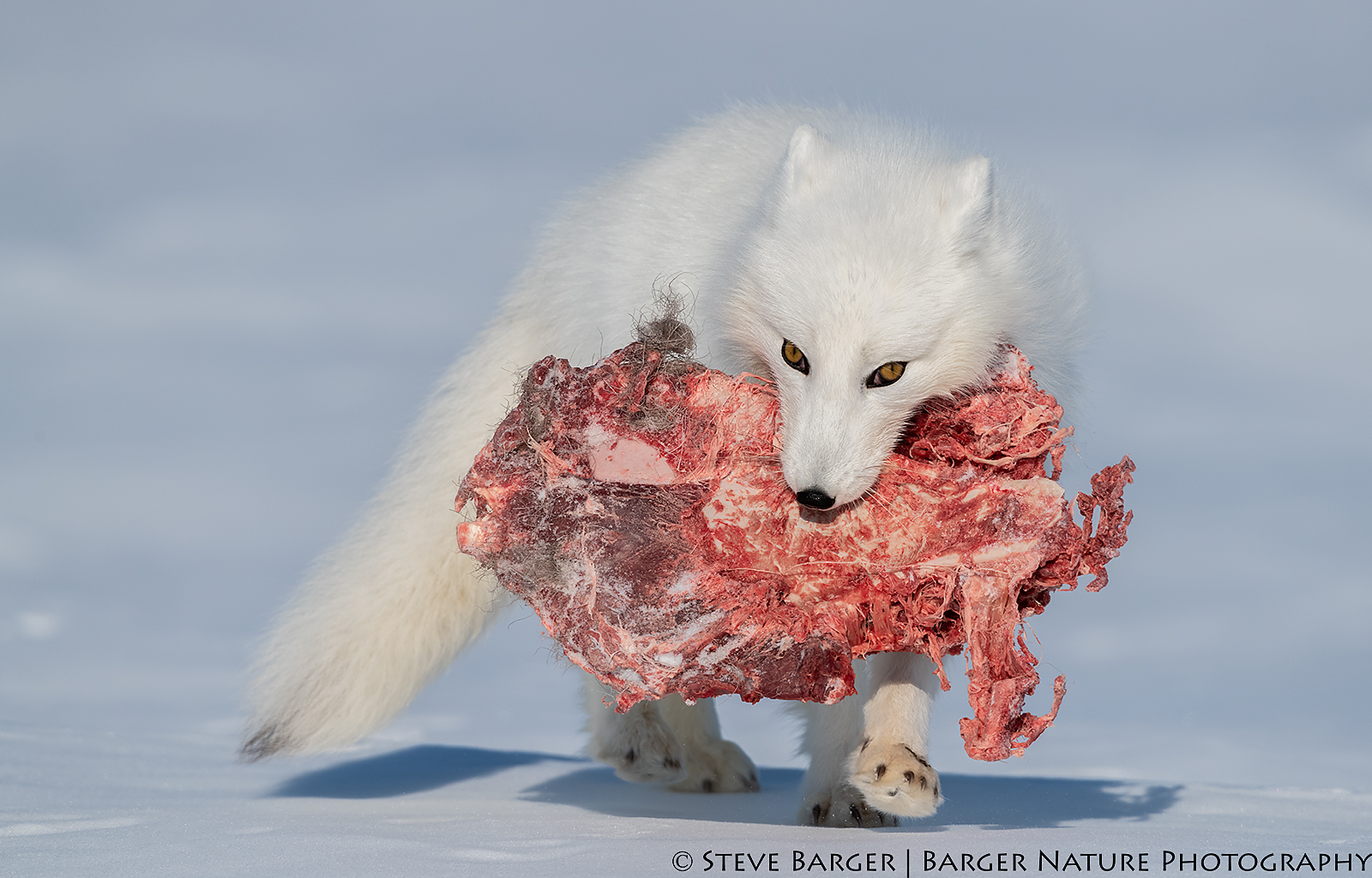
Arctic fox carrying a large piece of caribou meat scavanged from a wolf kill on Fletcher Lake in Wapusk National Park, Manitoba, Canada
In this post I am featuring an image that I took this past March while visiting Wapusk National Park south of Churchill, Manitoba, Canada. Wapusk, located on the western side of the Hudson Bay, is a denning site for polar bears. Wapusk is very remote and requires use of local guides to access the denning areas. Before visiting a photographer must apply for a permit. There is a four week window in late winter and early spring when the mother polar bears exit their dens with their newborn cubs. Photographers travel to Wapusk during this time to photograph the mothers with their newborn cubs before they move on to Hudson Bay.
Conditions are harsh with temperatures plummeting to 50 degrees below zero. Temperatures this low can take their toll on photographers and their equipment. A great degree of patience is also needed since a good bit of time is spent waiting for the bears to exit their dens. Travel is by tundra vehicle and is limited to a small area of 10 miles radius from the lodge.
This was my fifth visit to Wapusk. I have been fortunate on each visit to observe mother polar bears with their newborn cubs. Some who visit, leave without a single bear sighting. Wildlife sightings are not guaranteed. Aside from the aurora that will occasionally appear at night, this has been a single subject trip for me; polar bears. That was until this year.
2018 was an unusual and challenging year. In the past, there were always several active dens within the 10 mile radius of the lodge. This year there were none. In October, the pregnant female bears typically travel to Wapusk to den. This year, when they arrived, they were met by large herds of caribou. With caribou, come wolves. Knowing that this would pose a threat to the cubs when they exit the den, the mother bears moved to an area where they knew there would be minimum threats. Unfortunately, this meant the dens were located outside the range of travel for our tundra vehicles. Therefore most of the time was spent waiting for a mother bear with her cubs to appear as they moved from their remote denning sites to Hudson Bay. The one thing that we had in our favor was that our location was in a position between their dens and Hudson Bay.
With few polar bears to photography, I turned my attention to other subjects that were in the area such as caribou, wolves, ptarmigan, and arctic foxes. The arctic fox image is my favorite from the trip, captured on the last day. He was carrying a large piece of caribou killed overnight by the wolves in the area and was moving at a slow pace. This gave me time to get a good position to photograph him as he moved across the tundra. The fox was very tolerant since he did not consider us a threat. I did use an 800mm lens to maintain a reasonable distance from the subject.
When Mother Nature fails to cooperate and deliver the subject of conditions we want and things are not progressing as planned, there are always other opportunities. We need to keep an open mind and continually watch for these opportunities.



